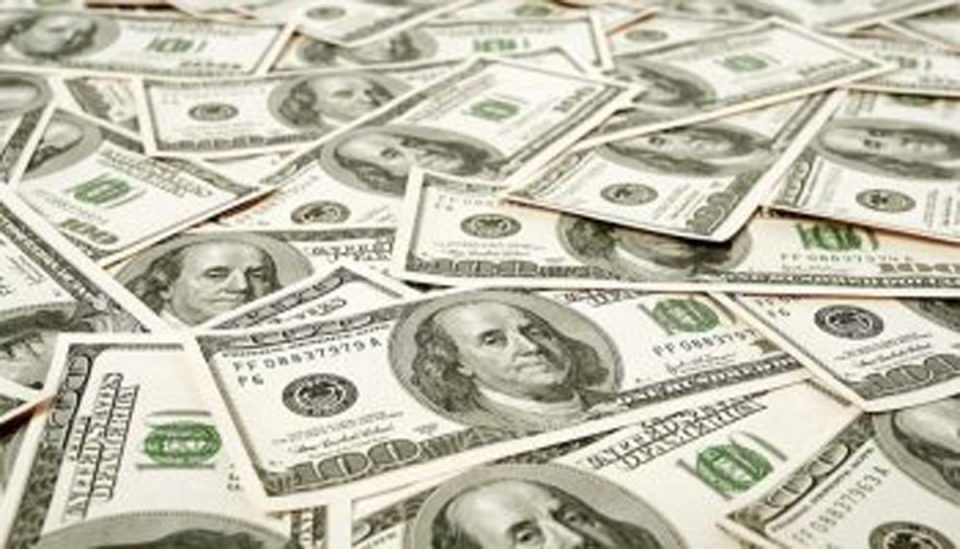Photo caption: Forex
Nigeria’s foreign exchange (FX) reserves has experienced a significant decrease of $1.16 billion, reversing the $592.58 million gain achieved in December 2024.
The most recent data released by the Central Bank of Nigeria (CBN) indicates that the reserves dropped from $40.88 billion at the end of December to $39.72 billion by January 31, 2025.
This decline marks the sharpest monthly drop since April 2024, raising concerns regarding the country’s external liquidity position.
Throughout January, the CBN observed a steady downward trend in reserves, which fell from $40.88 billion on January 2 to $40.75 billion by January 10.
The decline accelerated in the latter half of the month, dipping below the $40 billion mark on January 22 before closing at $39.72 billion at the end of the month. This $1.16 billion reduction represents a 2.84% decline within just one month, prompting apprehension about Nigeria’s capacity to meet external obligations, including debt repayments and import financing. The last comparable decline occurred in April 2024, when Nigeria’s FX reserves plummeted by approximately $2.16 billion within 29 days due to the CBN’s efforts to stabilize the naira amidst considerable economic challenges. As of April 15, 2024, the CBN reported FX reserves at $32.29 billion, down from $34.45 billion by mid-March.
CBN Governor, Yemi Cardoso, attributed the previous decline primarily to debt repayments and other standard financial obligations, rather than attempts to defend the naira.
The recent decline in January coincides with the CBN’s decision to increase dollar sales to Bureau De Change (BDC) operators as part of its strategy to stabilise the naira in the face of ongoing currency volatility.
The CBN resumed these dollar sales to BDCs in December, aiming to inject foreign currency into the retail segment and mitigate speculative pressure on the naira.
In a bid to support the FX market, the CBN granted BDC operators temporary permission to purchase up to $25,000 weekly in FX from the Nigerian Foreign Exchange Market.
BDCs were authorised to buy FX from a single Authorised Dealer of their choice, provided they fully funded their accounts beforehand. Transactions were to be conducted at the prevailing NFEM rate, with a maximum 1% spread mandated for retail pricing.
Notably, the CBN has extended the deadline for BDC operators to access the NFEM for weekly FX purchases.
According to a circular signed by CBN Acting Director of the Trade & Exchange Department, Dr. W.J. Kanya, the previous deadline of January 31, 2025, has been extended to May 30, 2025.
This intervention aims to ease pressures in the parallel market, leading to a gradual convergence of rates with the official exchange rate.
While the decline in FX reserves raises significant concerns, the CBN remains committed to restoring confidence in the FX market and ensuring liquidity at the retail level, which could prove beneficial for Nigeria’s economic stability moving forward.
====== The Sun ======



